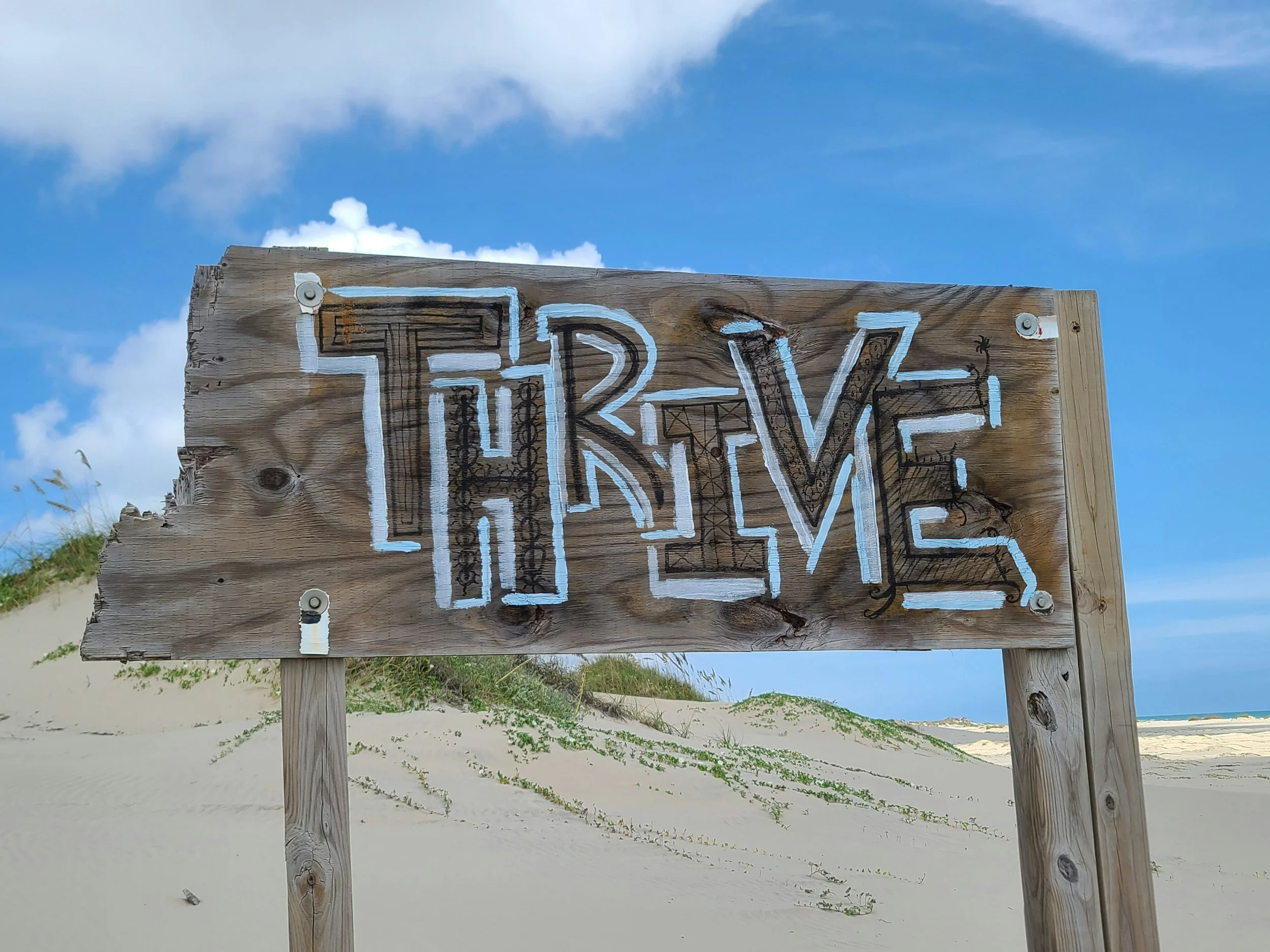Charting Your Path: Envisioning and Achieving Your Teaching Career Goals
Published 22 November 2024
(In Ep #0 of the Professionall Pathways Podcast | Cal’s Journey into Teacher Education)
“So, the future of my career: what’s that gonna look like? I have a lot more goals of wanting to accomplish things like publishing more, doing more presentations at conferences––of course, I have many goals for Professionall itself and I can’t wait to take you on that journey! Until I can get to a point where I can commit full-time to working on Professionall and building the Professionall platform, I still plan on continuing to work at Immerse. It’s a fantastic company and I love working for them, and I’ll continue to work toward establishing Professionall as a teacher education company.”
For many teachers, the profession begins with a deep passion for education and a desire to make a difference in students’ lives. However, sustaining that passion often requires envisioning a fulfilling career path and setting intentional goals to reach new professional heights. By imagining the possibilities and mapping out your future, you can cultivate not only a rewarding career but also personal growth that aligns with your values and aspirations.
The Power of Vision in Career Planning
Imagining your future as an educator is more than daydreaming–—it's about setting a vision that inspires and motivates you. Research highlights the importance of having long-term career goals for job satisfaction and resilience. In their study on career engagement, Hirschi and Valero (2015) found that employees who actively plan their professional futures experience greater well-being and commitment to their work. For educators, this might mean envisioning leadership roles, pursuing advanced degrees, or finding innovative ways to contribute to your community.
Setting SMART Goals for Long-Term Growth
When planning your career, use the SMART framework: Specific, Measurable, Achievable, Relevant, and Time-bound goals. For instance, if you aspire to become a department chair, you might set a goal to earn a certification in educational leadership within the next three years. By breaking your vision into smaller, actionable steps, you maintain momentum and create a sense of accomplishment as you progress.
Start by reflecting on your current strengths and areas for growth. Do you want to improve your instructional strategies, incorporate technology into your classroom, or advocate for policy changes in education? By aligning your goals with your passions, you ensure that each milestone contributes meaningfully to your professional identity.
Leveraging Mentorship and Networking
Professional relationships are essential to achieving career goals. Mentorship, in particular, can provide invaluable guidance and insight. As Johnson and Ridley (2004) note in The Elements of Mentoring, mentors help mentees navigate challenges, expand their skills, and identify opportunities for advancement.
Networking within and beyond your school can also open doors. Joining professional organizations like the National Education Association (NEA) or attending conferences allows you to connect with colleagues who share your interests. These connections often lead to collaborations, resources, and even job opportunities that align with your career vision.
Planning for Lifelong Learning
The best educators embrace the mindset of lifelong learners. Whether through formal education, such as a master’s or doctoral program, or informal learning, like attending workshops or reading educational literature, ongoing development keeps you adaptable and innovative.
Incorporating professional development into your career plan can also boost your confidence and effectiveness. Research by Desimone and Garet (2015) suggests that targeted professional learning is one of the most effective ways to enhance teaching practice and improve student outcomes. Consider setting a goal to complete a specific number of hours of professional development each year to stay current with educational trends and best practices.
Overcoming Challenges
Even with a clear vision, obstacles will arise. Burnout, changing educational policies, and personal responsibilities can all impact your journey. By cultivating resilience and staying flexible, you can navigate these challenges. Journaling, peer support groups, and mindfulness practices are strategies that many educators find helpful for maintaining focus and well-being.
Remember, career planning is not a straight path—–it’s a journey that requires adaptability and reflection. Revisit your goals regularly and adjust them as your interests and circumstances evolve.
Consider these reflective questions or journal your thoughts in your professional journal:
What are the specific skills or areas of expertise I want to develop further in my teaching practice, and how can I begin working toward those goals now?
What professional achievements would make me feel the most fulfilled in the next five years, and what steps can I take to make them a reality?
How can I incorporate emerging trends in education, like technology integration or culturally inclusive teaching, to prepare myself and my students for the future?
What connections or collaborations could I foster within the education community to help advance my career and positively impact my students?
How can I better balance my personal growth and professional responsibilities to ensure long-term success and satisfaction in my career?
Envisioning a Better Future
Imagining the future of your teaching career is not just about personal growth—–it’s about contributing to the broader field of education. Every new skill, leadership role, or innovative idea you pursue ultimately impacts the students and communities you serve. By dreaming big and planning strategically, you help shape not only your own future but also the future of education itself.
Discussion Question
How do you envision the future of your teaching career? What specific goals or strategies have you found helpful for staying motivated and focused on your professional growth?
Related Posts
-
Desimone, L. M., & Garet, M. S. (2015). Best practices in teachers' professional development in the United States. Psychology, Society, & Education, 7(3), 252-263. Retrieved from https://psicopedia.org/teacher-development
Hirschi, A., & Valero, D. (2015). Career adaptability profiles and their relationship to adaptability, satisfaction, and success. Journal of Vocational Behavior, 88, 205-214. https://doi.org/10.1016/j.jvb.2015.04.005
Johnson, W. B., & Ridley, C. R. (2004). The elements of mentoring. Palgrave Macmillan.




